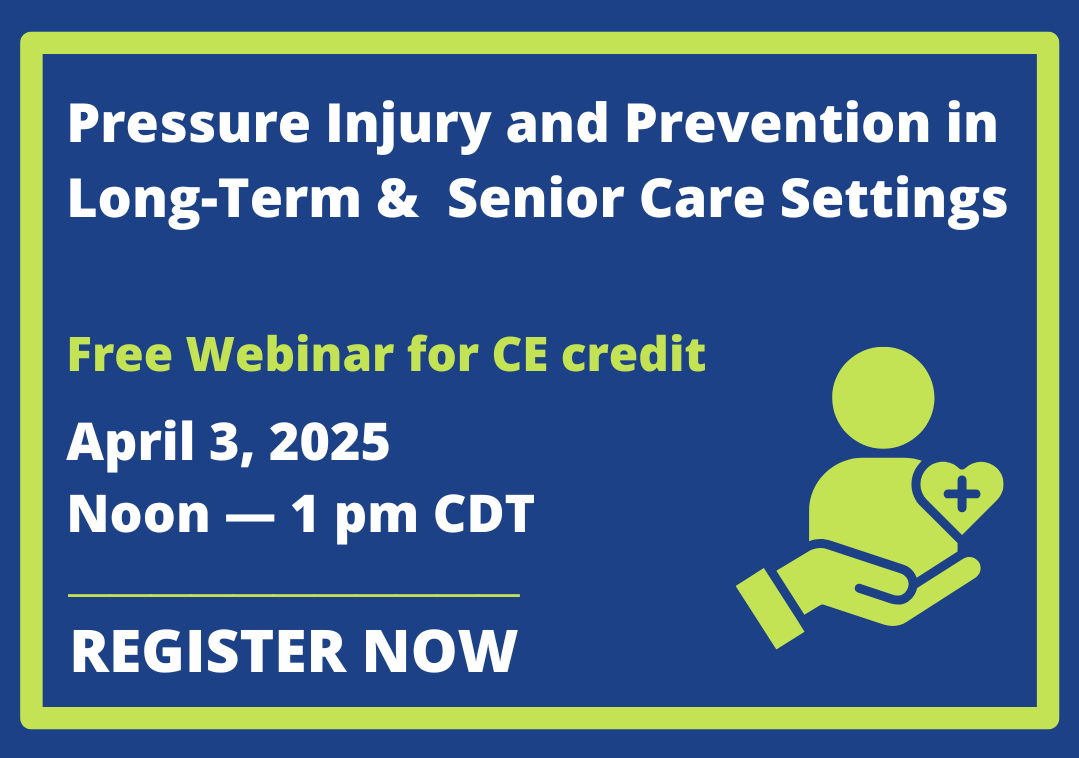ON-DEMAND, SELF-STUDY CE WEBINARS
Safe Handling of Hazardous Drugs: OSHA Requirements and How They Affect Long-Term & Residential Care
DATE: Thursday, June 17, 2021
Noon – 1 p.m. CST
COURSE DESCRIPTION
Confusion and delays surrounding implementation of new standards for handling hazardous drugs, known as the United States Pharmacopeia’s General Chapter <800>, have led many in healthcare to believe its current “informational” status eliminates the need for action completely.
However, state and federal regulators, including OSHA and accrediting organizations, already have the ability to apply and enforce USP <800> for organizations within their jurisdiction.
Have you determined how USP <800> will affect your operations? Have you started to consider—or make—the physical, policy, and procedural changes dictated by that assessment?




